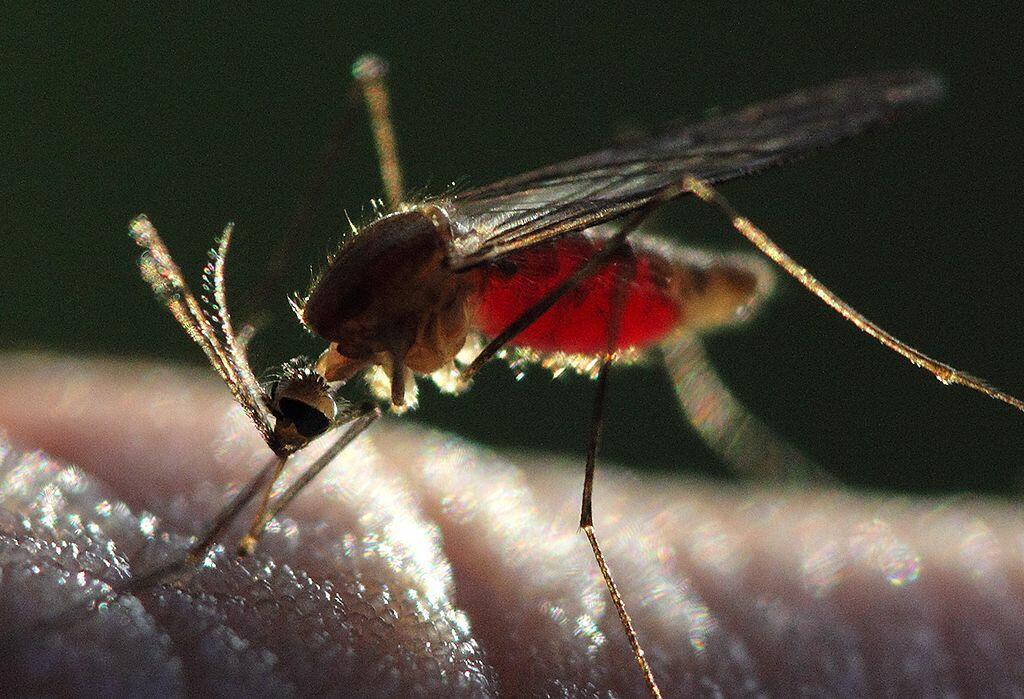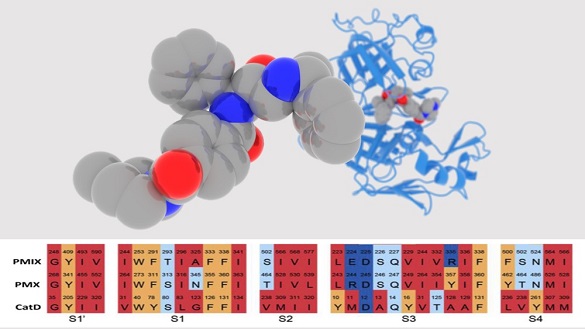
Scientists at the University of Liverpool and Liverpool School of Tropical Medicine (LSTM) have been awarded £1.4 million from the Medical Research Council (MRC) to develop a new drug for the treatment of malaria.
Malaria poses a serious global health threat with approximately 3 billion people at risk of the disease and around half million deaths per year (mainly in children and pregnant women), at a cost of ~ 20 billion USD in lost GDP.
The Liverpool team, which consists of medicinal chemists and parasitologists, will collaborate with an international consortium that includes the Medicine’s for Malaria Venture (MMV, Geneva), Imperial College and the University of Milan to develop the new drug treatment.
The primary target of this drug discovery project is the parasite Plasmodium falciparum (Pf), the pathogen that causes malaria.
The research team will develop novel drugs that inhibit two key malarial protease enzymes known as Plasmepsins IX and X, both of which are required for several stages of the parasite’s life cycle which include the liver, blood and mosquito stages of parasite development.
The multi-stage inhibitory activity coupled with a unique mechanism of inhibition will result in a lowered propensity for resistance development, making these drugs highly attractive targets for drug development.

The Figure depicts the molecular structure of a key parasite inhibitor (top left), the target protein (top right) and the panel below, the differences in amino acid sequences of the parasite targets (plasmepsins IX/X) compared with the closest human equivalent cathepsin D.
Professor Giancarlo Biagini, LSTM’s Dean of Research and Innovation, said: “We’re thrilled to extend our long-term collaboration with the University of Liverpool and global partners in the pursuit of ground-breaking antimalarial therapeutics.
“We’re optimistic that this new program will rise to the challenges of the next generation, reinforcing our dedication to making a meaningful impact on global health.”
Professor Paul O’Neill, a medicinal chemist at the University of Liverpool, is leading the programme.
He said: “The Liverpool medicinal chemistry team has already identified molecules with exceptional enzymatic and antimalarial potency (<1 pM) in vitro and have developed medicinal chemistry strategies that will deliver a late lead for progression into an effective oral treatment for malaria.”
Dr David Hong, from the University’s Department of Chemistry, added: “Success of this milestone driven drug development programme will allow candidate selection through MMV in order to develop a drug that matches their primary target product profile. This exciting project will bring together PhD students, postdoctoral researchers and international collaborators to refine and optimise our current drug lead compounds.”
The Liverpool project investigators are Professor Paul O’Neill, Dr David Hong and Professor Neil Berry from the University of Liverpool and Professor Giancarlo Biagini and Professor Stephen Ward from the Liverpool School of Tropical Medicine.
This latest success represents the seventh MRC drug discovery programme in the last ten years to the Liverpool Medicinal Chemistry Group with total funding exceeding £10 million during this period.
The project is supported through the MRC Developmental Pathway Funding Scheme.